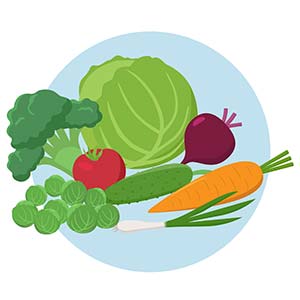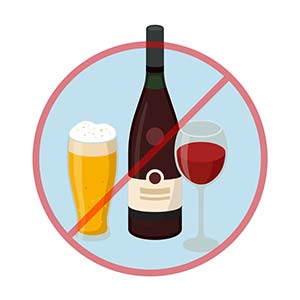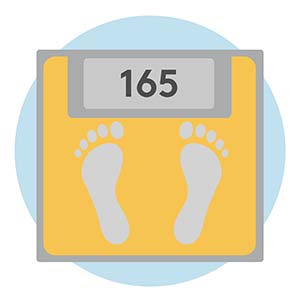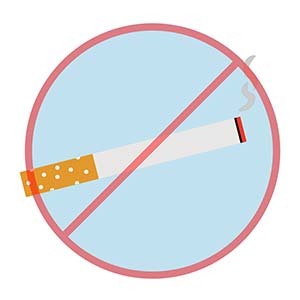Healthy Living
Six Ways to Reduce High Blood Pressure
High blood pressure is known as the silent killer because it usually has no warning signs. It is estimated that one in three U.S. adults have high blood pressure, or hypertension, defined as 130 (or higher) / 80 (or higher). Anything over 120 as the top number, regardless of the lower number, is considered elevated.
Such a broad definition of elevated blood pressure puts many people in the category of needing to manage blood pressure to prevent the condition from getting worse over time. Aging is one of the factors that increases risk for high blood pressure. Other risks include:
- Race/ethnicity (more common in African Americans)
- Being overweight
- Gender – After age 45 for men, after age 55 for women
- Family history of high blood pressure
- Lifestyle choices – Smoking, lack of exercise, too much alcohol, too much salt, not enough potassium
Prevent or Lower High Blood Pressure
If your doctor recommends medication, take it as prescribed. Medication doesn’t cure high blood pressure, but can help your body manage it. You can also be part of the solution by following these six lifestyle habits recommended by the American Heart Association:
 1. Eat a healthy diet, limiting salt. Vegetables, fruits, whole grains, skinless poultry and fish, low-fat dairy, nuts and legumes and nontropical vegetable oils make up a heart healthy diet. Limit sodium by reducing processed foods such as frozen prepared meals and lunch meats. Become a label reader to look out for sodium. |
 2. Limit alcohol consumption. Drinking too much can raise your blood pressure. Talk with your doctor about what amount he or she thinks is safe. |
 3. Stay active. Create habits that encourage you to briskly move 30 minutes a day, five days a week. Walking is one of the best and easiest ways to reach your goal. Also include stretching exercises, and twice a week, do something for muscle-strengthening. |
 4. Manage weight to prevent obesity. Being overweight puts a strain on your heart and blood vessels. You may be able to see lower blood pressure results by losing even five or 10 pounds. |
 5. Quit smoking or don’t smoke. Smoking and secondhand smoke increase the risk for a plaque buildup in the arteries. While a connection between smoking and high blood pressure is unclear (except for a temporary increase while smoking), not smoking is an important step for heart health. |
 6. Manage stress. Stress contributes to other risk factors such as overeating, a poor diet and higher alcohol consumption. Find stress-reducers that work for you such as exercise, time management techniques, communities of support and understanding your stress triggers. |

